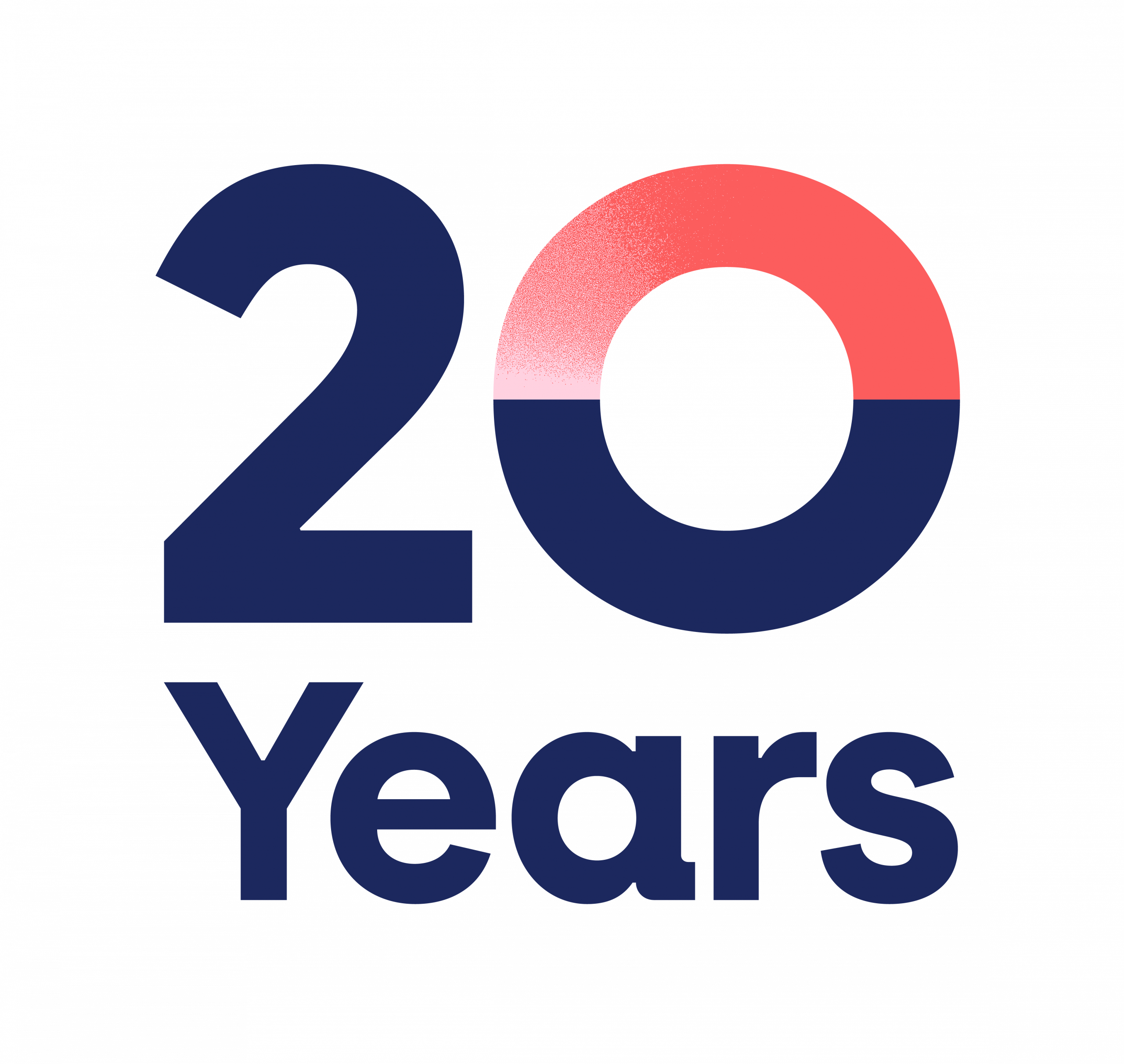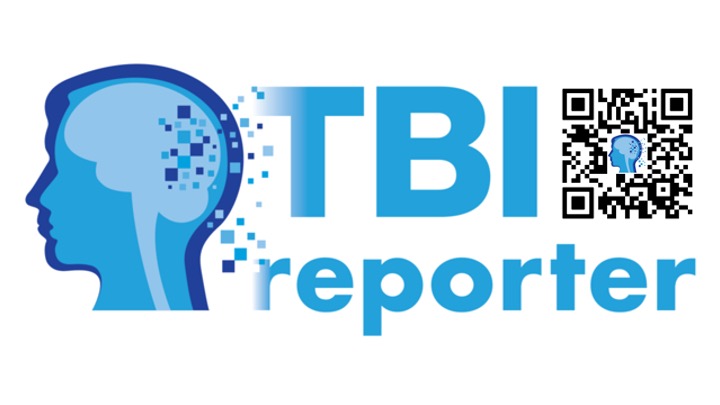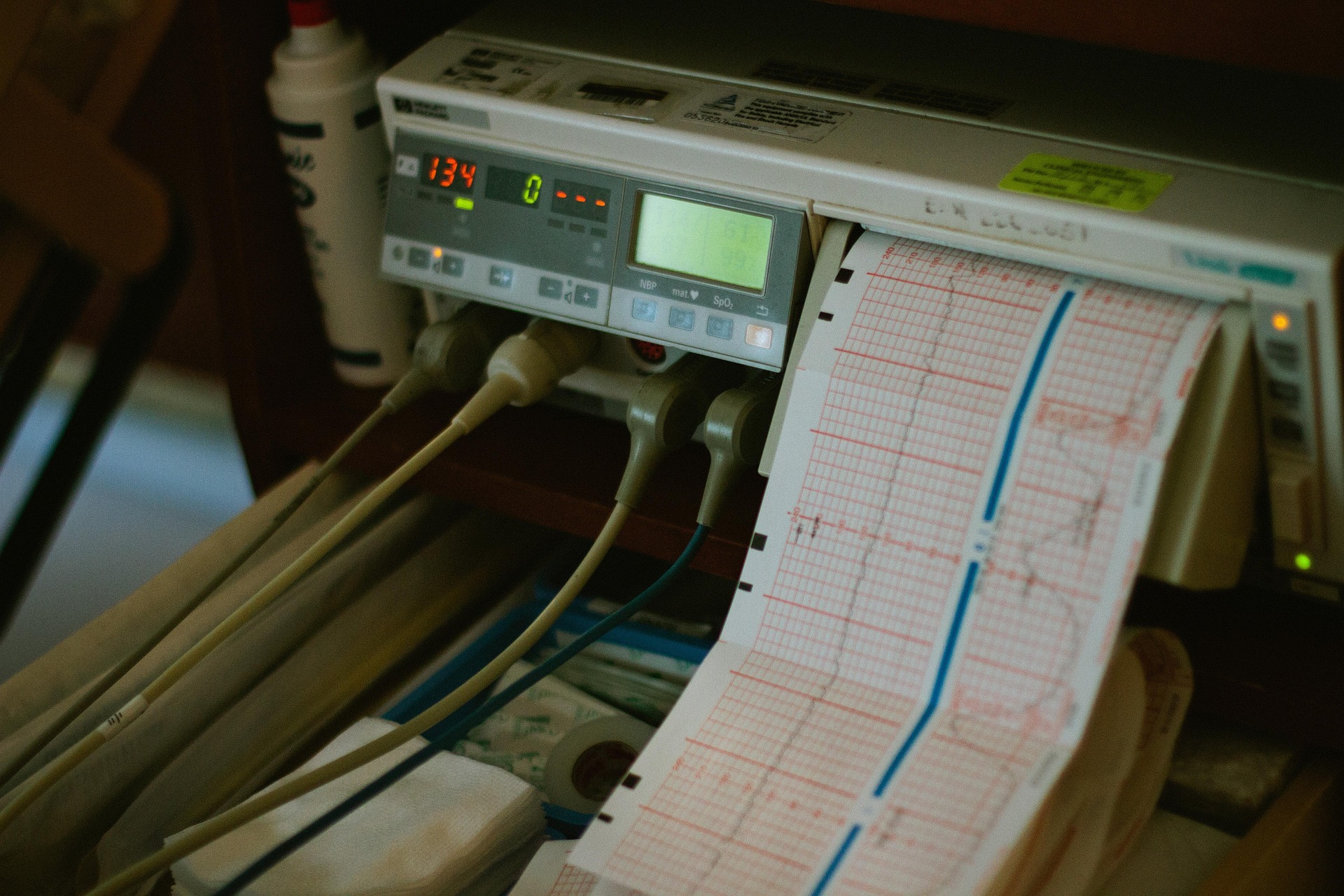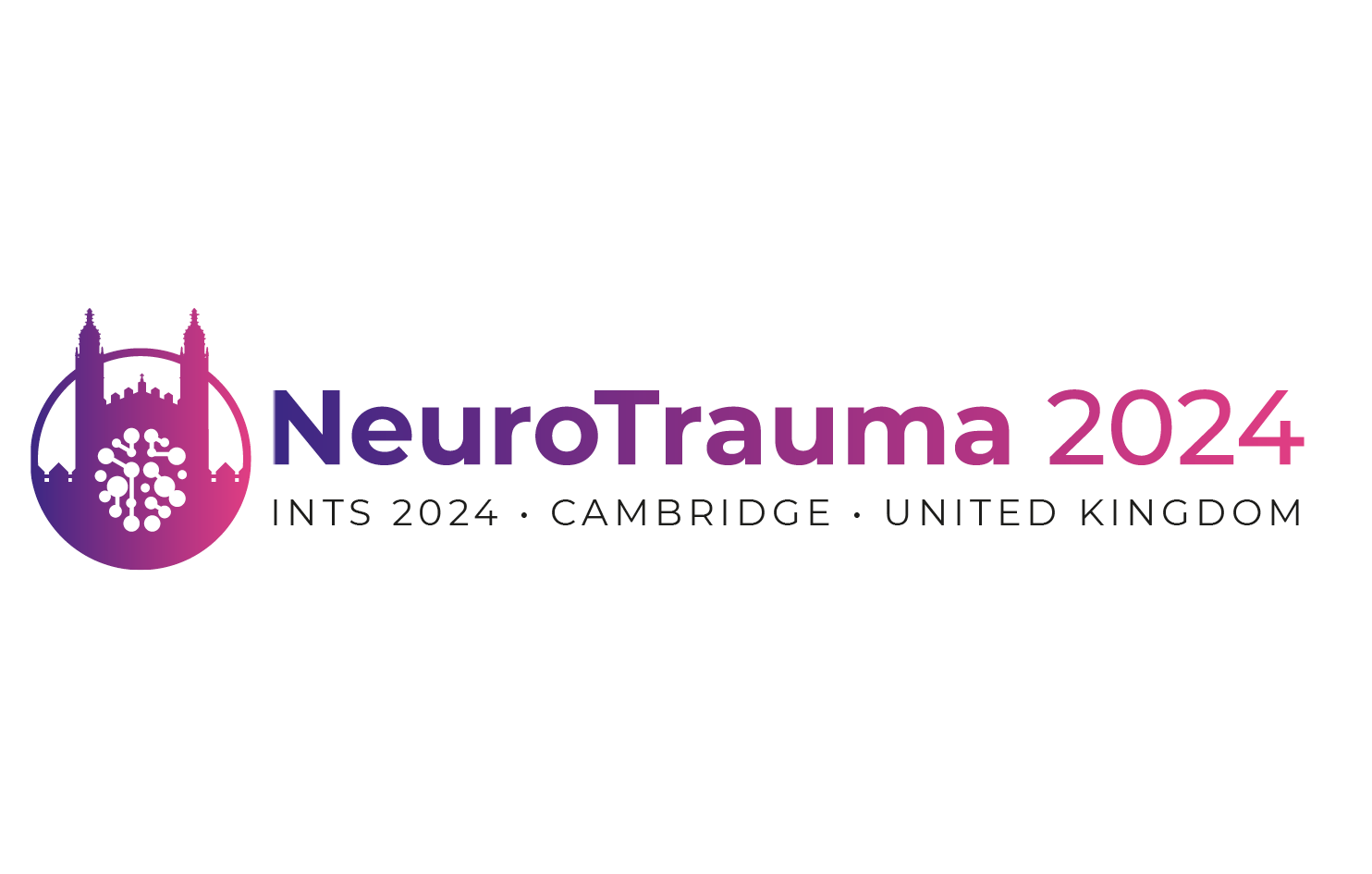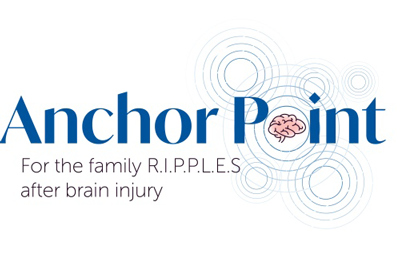
| James (0:09) | You are listening to another podcast from the HealthTech Research Centre in Brain and Spinal Injury, where I'm chatting to patients and carers and doctors and nurses and innovators and anybody with any interest in the area of brain and spinal injury. So I'm really pleased to be joined by Alyson Norman from the University of Plymouth. And Aly, I really wanted to get you along to chat on the podcast to talk about families and that sort of support network around people that are affected by brain injury. |
| Alyson (0:41) | Yes, James, I mean, I think that we talk obviously a lot about the idea of brain injury being an invisible concept. And I think actually when it comes to families, that's even more true. They're often the ones that are forgotten about, not considered in the picture of brain injury. |
| James (0:5) | Yeah. And are there some sort of common things that happen to families and personal relationships following brain injury? Is there a pattern? |
| Alyson(1:07) | Yes. I mean, obviously every family is different, but some of the things that we see as being fairly standard is families talk about a sense of loss after brain injury. So obviously we know that people's character can change slightly after brain injury or potentially change quite a lot.So that leaves family members quite often feeling like they're married to or their father, their daughter, their son, whoever are different people to the ones that they were before. And the reality is that there's no real recognition of that grief, that loss process. So it's something that we quite often in psychology terms call ambiguous loss, that the person's still there, but they're somehow different.
So I think that's one of the key common denominators. Quite often there's an issue around loss of identity as well, especially if family members are having to engage in more of a caring role for that individual. But also, as you say, just generally changes to relationships. So we know that marriage breakdown is quite common after brain injury. It shifts those family dynamics, and not just within the immediate family, that can also filter out to the wider family network as well. |
| James (2:22) | Yeah, we hear about this idea of identity for the person who's had the injury quite a lot. It's something that I've spoken to quite a few people and suddenly you don't feel like you're the same person. You're not kind of sure where you fit.But it's interesting that that extends to the people around the brain injury survivor as well, because their identity is shifted. They aren't now the person who was cared and looked after by their spouse or family member, and now they're the carer. Maybe they used to work and now they can't because they're caring for a child or a loved one in the family. |
| Alyson (2:58) | Yeah, so the possibilities for their identity to change are in many ways as great as the person with the brain injury. So as you say, a lot of people end up in a situation where they either have to give up work completely, or they have to change their job role significantly in order to be able to take on those additional caring responsibilities. And as we all know, quite often our sense of identity is tied up with the career that we do.So anything that changes that is going to have an impact on someone's identity. But yes, that moving from having a more of a supportive partner who's taking care of them, or a more balanced mutually partnership type relationship to one where you're the one that's having to do the vast majority of childcare, chores, earning the money, can be incredibly difficult and makes people feel that they've lost something about themselves as well as about the person that they're in that relationship. |
| James (3:56) | Yeah, and of course, it's not to say that they don't want to do that. |
| Alyson (4:00 No. |
|
| James](4:01) | They absolutely are invested in caring for the person that they're supporting, but they've changed their life. And there's sometimes a kind of lack of recognition of that, I guess. |
| Alyson (4:11) | Absolutely. I mean, I don't think I've ever really met a family member who has resented the idea of taking on those caring responsibilities. That's what we do when we love somebody.But yes, I think the resentment, the distress comes from the fact that that isn't recognised. And particularly amongst health and social care professionals, quite often, that role, that incredibly important role that family members are playing is downgraded, not even necessarily considered at times. |
| James (4:41) | Yeah. So is there any support for those people? I spoke to somebody from Headway Cambridge and Peterborough on the podcast a while ago, who was saying that the funding is about the patient.So whilst they'd love to do some stuff and working with families, it's actually really quite difficult because there's no money to support that kind of work. |
| Alyson (5:03) | No, it's incredibly tricky. So if you look at local headway groups, there are some that can offer limited amounts of support to family members. It depends a little bit how clever they've been really and how they've managed to get funding.So one of the more recent initiatives in local headway groups has been these hospital liaison roles or hospital support roles where people go into hospital to work with people who've had a brain injury and then signpost them out of hospital. And because at least in the early stages, those liaison officers are likely to be working with families rather than the individual because of where they are in their recovery process, that gives some flexibility for being able to work with them. But the reality is that that tends to be limited to information provision and then localised peer support groups.
And that's really about it. So I know we're going to move on to talking about Anchorpoint, but one of the things that we've been trying to do with our group is bring together all the information and support resources that exist so that we can provide something more comprehensive. And it's really quite sad to see how little there is available for families. |
| James (6:18) | Yeah, I guess what we don't want is for those family members to become the patient because they have depression and mental health issues and all sorts of other things that might happen because there wasn't that early kind of intervention and support. And I guess the first stage of that is just recognising it. |
| Alyson (6:36) | Yes. |
| James (6:36) | I see you and I understand how difficult that is to go through. So you mentioned Anchorpoint there. Can you tell us a little bit about that group and how that was set up? |
| Alyson (6:45) | So Anchorpoint was formed in 2020 because of course there wasn't enough else going on in that year as it was. But I think because everyone was working from home, it did offer up a possible time for people to think differently about what was going on. So I have to credit my co-chair, Professor Charlie Whiffen from the University of Derby as being really the brains behind the operation.Many of us have been working in research around family members and brain injury for many years, but was getting tired of the fact that all these research papers say that families need support, families need recognition, there needs to be more resources for families. And yet nothing has really come from that. So she started a more of an informal group initially where several of us came together.
So some people who'd had experiences as family members, some researchers, some clinicians. And we started talking about what it would mean to make real change. How do we get this to happen? So as a result of that, Anchorpoint was formally born, if you like, in 2021. And the point of Anchorpoint is to be almost like a lobbying group for family members specifically. So we sit informally under the United Kingdom Acquired Brain Injury Forum. And our role is to try and raise that voice of family members. And we do that in lots of different ways. Some of it is around research projects. A lot of it has been things like raising awareness amongst health and social care professionals about the small things they can do. So to take the point that you said before about, it's that recognition quite often, just simply changing the language that health professionals are using with family members in hospital can make all the difference to individuals. So the role of it is really about this idea of preventing what we call secondary trauma, that you can't prevent people from having had a brain injury. So therefore, you can't prevent people who are family members from experiencing that trauma. But you can reduce the likelihood of that secondary impact by the way that you interact with families. |
| James (8:58) | Yeah, so Anchorpoint isn't a kind of peer support service, you're not working with families directly, but rather you're lobbying to get better support provided and to kind of raise awareness so that the people who are working with these families will signpost them to the, albeit limited, resources that are out there and the support that is out there. |
| Alyson (9:19) | That's it. So I think one of the difficult conversations that we had very early on with Anchorpoint was whether or not to set it up as a support group itself. The reality is that takes a huge amount of time and energy and none of us are really in the position to do that.And actually, I think there was a real feeling amongst many of us that we shouldn't be letting services off the hook, that this is a job that they should be doing. So our role is to provide the resources, to provide the training, and then the lobbying at a more governmental level to try and make sure that those changes take place rather than directly supporting people. Now, having said that, we have lots of resources that are available that act as a support mechanism for families.
And as I said before, one of the things that we're working on at the moment is pulling together everything that already exists across the UK and trying to put together a support pack for families that's suitable for them. But no, we don't offer direct peer support. |
| James (10:21) | Yeah, it's interesting. I was chatting on a previous podcast to Chloe Haywood from UKABIF about the cost to the UK economy. And some of that cost is these families, isn't it?It's because they're not being able to get back to work, because they're now unpaid carers. We get those big sort of knock-on effects. And I guess the ideal situation then is that not that we stop all these people and reduce all of their caring burdens, because they don't necessarily want that.
But that we recognise the problems that they're having, and we give them the support so that they can rebuild their own identities at the same time as caring for their loved ones who have been through this kind of traumatic brain injury experience. |
| Alyson (11:01) | Yes, that's exactly it. So in many respects, it's about that acknowledgement. It's about providing the resources that families may need to be able to fulfil that role, and talking to them openly about what that means.So one of the biggest difficulties, especially in the early stages that we see family members talk about is they're not necessarily included in those conversations around discharge planning, what's going to happen when that person comes home. When they do come home, they're expected to take on quite a hefty role. It may even involve things like doing their own physiotherapy outside of sessions.
And yet at no point do family members get consulted about what they feel able to manage, what they're not able to manage, and how that's actually realistically going to fit into their day-to-day lives. |
| James (11:53) | Yeah, and I guess those things are just completely unknown, right? You're thrown into this literally in the blink of an eye, often somebody's brain injuries occurred. And you say, well of course I'll look after them, but you don't actually know what that means, what's that going to involve in terms of the physical aspects, you know, physical changes to the house might be needed.But that kind of psychological strain and impact of suddenly caring for this person who you're not sure you even quite know anymore must be really difficult. |
| Alyson (12:20) | Hugely, hugely difficult. And it's something that unfortunately health and social care professionals effectively assume that families are going to be able to do without actually spending the time to have those conversations with them about what that realistically looks like. And as you say, making it clear what those caring responsibilities are likely to be.Certainly before my own brother had his brain injury, I knew nothing about brain injury and most families come at it from the same perspective. So they're having to come up to speed pretty quickly on what this condition looks like. And as we know, it looks very different for lots of different people. |
| James (12:58) | Yeah, and I guess that must make it really difficult. We can't just pull all the families into one room and tell them this is what is going to happen, because everyone is different. One of the main things that we need to tell these people is that we don't actually really know what your experience is going to be like, but there are probably some common things that you might find. |
| Alyson (13:17) | Yes, that's right. And I think that honesty is really appreciated by family members because most health professionals don't know what the likely prognosis is. So being able to give some examples of the sorts of things that they might expect, the sorts of challenges they might experience is actually more helpful than saying this is what's going to happen. |
| James (13:37) | And I guess there's some value in hearing from people who've been through that experience or are living with it at the moment. Certainly in my own case, I found it enormously helpful to meet other people who've had a brain injury and talk to them. And whilst the experience is always different, there's always those sort of commonalities.You know, you get three brain injuries survivors in a room and say fatigue, they'll all give you a very knowing look, right? And other people are, what, a bit tired? No, really not all that. |
| Alyson (14:05) | Yes, that's right. And it is a very similar process for family members. That's why peer support is such an important part of the process of being able to have families talk to one another about those experiences.It can be a complex arena to manage. I think one of the difficulties that we see with peer support groups where they do exist for families is if you've got family members who are many, many years post-discharge with families who are in that early stage, that can be sometimes quite challenging to manage because most of the families in those early stages aren't necessarily ready to hear yet that this is a lifelong burden that they're going to have to process. And sometimes that can be too overwhelming to hear in those early stages. So a lot of work has to be done with those sorts of family peer support groups to make sure that they're tailored to meet everybody's needs. |
| James (15:02) | Yeah, it must be really difficult because equally, of course, there are some people who will come to a group like that and they won't be there for decades, because actually their person might make a fantastic recovery. My own case in point, I've done far better than many people expected, probably with my brain injury.I wonder if we can just touch on children. It may be the child who's injured, but equally, it might be that their parent has some sort of brain injury. Are there things that are out there to support young people who are essentially carers now, or at least worried about their parents, and vice versa, parents who now suddenly thrown into this thing of having a child who was able and active and going to school and now can't do that? |
| Alyson(15:48) | So there are brilliant resources for families, for parents who have children with brain injuries. So the Child Brain Injury Trust, or CBIT as it's more commonly known, have fantastic resources. So definitely somewhere to signpost parents who are now trying to navigate this landscape.The other way around is much more complex. So there are young carer organisations, but none of them are specific to brain injury. So what we tend to see, not just with young carers, but with other caring groups, when we have family members attend those groups, they quite often feel that their needs aren't quite recognised.
And part of the problem with that is, as we know, although brain injury has that physical component, a larger part of the presentation is those more invisible issues, the cognitive impairments, the behavioural change, the emotional issues. And they're not so well addressed by caring groups. So quite often, family members will report to us that they don't necessarily find those environments particularly helpful. And when we move to young carer networks, we have a similar kind of difficulty. So there are great organisations that will do things like support young carers to just go out and have fun, do things with their peers. And that's amazing. But in terms of support and information for them around brain injury, unfortunately, it's really woefully absent at the moment. |
| James(17:16) | And I guess there's always a risk of that judgement because of the hidden disability. I can see one little girl pushing her dad along in a wheelchair, it's obvious what's happening there. But well, your parent looks perfectly normal.But what are you doing? How are you a carer? Because we don't see those dynamics that are happening in the household, and we don't understand those cognitive and psychological issues, which clearly are going to impact on the relationship. |
| Alyson (17:41) | Absolutely. And I think often they are overlooked as not meeting the needs for carer support, because they are invisible difficulties that they may be experiencing. But actually, in many cases, those cognitive changes particularly can be incredibly difficult for young children to manage, and to understand what it is that's happened to mum or dad, and wider family networks as well.So recently, we've been doing a research study looking at grandchildren's experiences of having a grandparent with a stroke or with a brain injury. And it's even down to things like the fact that health professionals won't necessarily share much information with young people. And while that's done for all the best intentions, it leaves young people feeling in the dark, they don't understand what's going on, so they make up their own understanding of what's happening.
And sometimes that's not always most helpful. |
| James (18:40) | Yeah. That's all a bit depressing. Lighten the mood. Tell me what's going to change.We've got these organisations like Anchorpoint really sort of pushing to raise awareness and to recognise that we have to do something to support these families. So do you see an optimistic future in four or five years time? Is the landscape going to look different? |
| Alyson (19:01) | I want to be upbeat. And I want to be positive. On a good day, I think yes.There are days when I think it feels like an uphill struggle that actually we're not making the progress that we need to be making. But there are plenty of people who are really calling for action on this at the moment. So we've tried to feed into the ABI strategy at government level.
We're waiting to see whether or not families are specifically noted within that. But certainly, I think in certain parts of the country, we're beginning to get that message across in hospitals that it's important that families are recognised. It's good to see that there has been an increase in the number of these hospital liaison services that have been set up in local headway groups. And one of the things that I've been doing as part of my research work is supporting those local headway groups that have them to pull together the data that they've got from that service to try and encourage integrated care boards to pay for this service, because quite often they're not, they're paid for by the charity. And we are seeing that landscape moving a little bit. So yeah, there's some positives. I think we are moving in the right direction. But obviously, we know it's a challenging political and economic space at the moment. |
| James] (20:21) | Definitely, but a glint, a light at the end of the tunnel. |
| Alyson (20:23) | Yeah, small glint. |
| James(20:24) | Well, if you're listening to this podcast, and you're in that position, I hope at least you take from this that we see you, we recognise the really important, valuable work that you do, and that it's not easy, and that there are kind of challenges. And I'll put some links on the bottom of this podcast, and hopefully you can find support that's near you to help out with that journey. And similarly, if you're listening to this podcast, and you are a professional, take note, and look wider, look to the side of the patient you're dealing with, and see what support networks are there and what help you might be able to provide to them.Well, Alison, thank you ever so much for finding the time to have a chat on the podcast. It's been great fun having a talk. And I'll put, as I say, some links on here to Anchor Point and the other work that's happening at the moment.
Thanks so much. |
| Alyson (21:10) | Thank you, James. |
| James (21:11) | If you enjoyed the podcast, check out other episodes in this series and find out more about brain injury and how we support people in that field. |
More like this:
Research Podcast – TBI Reporter
Prof David Menon talks about TBI-Reporter a UK wide data sharing platform supporting research in traumatic brain [...]
Innovation Podcast – Fetal Monitoring
James talks to Antoniya Georgieva of Oxford University about fetal monitoring and the use of AI to [...]
INTS 2024 – Wednesday 4th September
The International NeuroTrauma Society (INTS) had a successful Symposium this year, [...]

